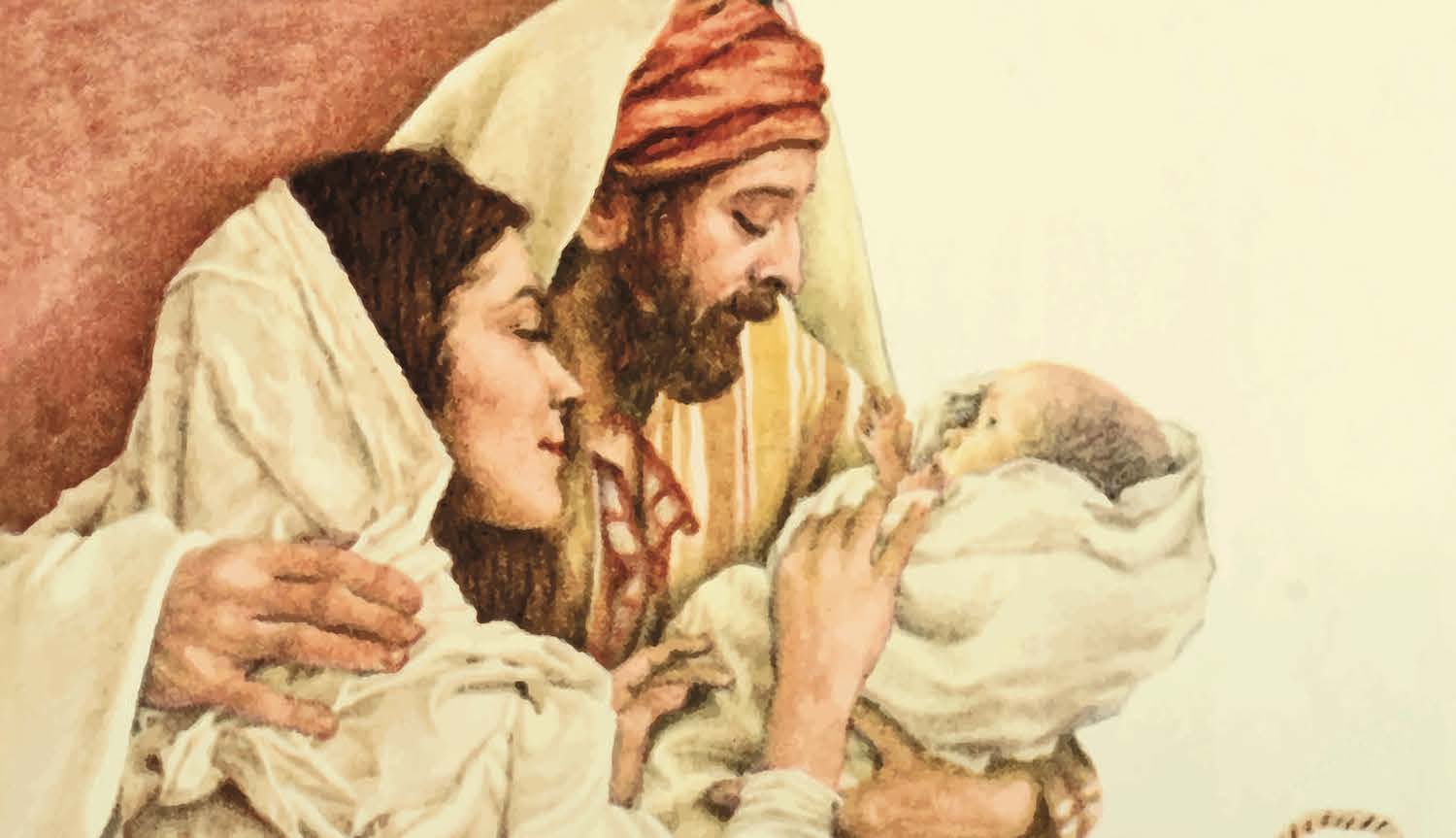Dear Brothers and Sisters in Christ,
For many of us, Christmas is a season for our community of family coming together. It often centers upon a meal that includes traditional foods. I recall as a young boy, in our family, my grandmother and aunts would get together over several days before Christmas and make pasta from scratch for Christmas and other holiday meals. It was exhausting work for them, but it really was a labor of love.
They also made Italian cookies, like almond flavored biscotti with icing and pizzelles with a touch of anise. These were served after the meal, which always included large bowls of pasta, cooked peppers soaked in olive oil, along with the traditional American dishes of turkey, ham, sweet potatoes with vegetables and stuffing.
This was accompanied by multiple conversations, all taking place at once, about family matters, or the sharing of stories about traditions and Christmases past. Memories and associations from those meals are vivid and have withstood the test of time as they are passed from generation to generation.
While food and the meals at which it is served are often an integral part of our Christmas celebration, that might not be the case for everyone this year.
Inflation and supply chain shortages are resulting in some families not having the means to provide for such a meal. While some families can absorb the increased prices due to spikes in inflation and can do without certain items for their meals, there are others who are feeling more severely the impact of this situation.
Throughout the year, several dozen of our parishes and Catholic organizations, like the Knights of Columbus and Society of St. Vincent de Paul, collect and distribute food through pantries. There is no shortage of people who need this outreach, especially during the Advent and Christmas seasons. I was pleased to hear how so many parish communities sustained their food pantry outreach through the worst of the pandemic. I know this was a blessing for so many families.
In the Christmas story, we hear that there was no room at the inn for Mary and Joseph. The inn would not only have been a place for lodging, but also for food. Thus, we are left to wonder how long Mary and Joseph went hungry until they could find food after their journey.
We can examine our concerns about being able to feed the hungry in how Jesus fed 4,000 people with seven loaves of bread and a few fish. Just as we did a year ago during COVID, we can remain generous while being creative. Doing what we can with what we have will ensure that those with fewer resources and who are burdened and vulnerable will have what they need.
It might require all of us to reduce our own abundance so that, no matter what challenges inflation and shortages present, a multiplication of resources can occur, and our food pantries will be able to feed every Mary and Joseph who seeks their help.
As we plan the meals we will enjoy with family and friends, as we recall the great memories from previous holidays, let us remember that the Jesus whose birth we celebrate taught us to feed the hungry and to care for the poor and vulnerable. Let our expression of Christmas be our prayers for and actions on behalf of all of them.
May you and your loved ones have a blessed Christmas season!
Sincerely yours in Christ,
Most Reverend Barry C. Knestout
Bishop of Richmond

